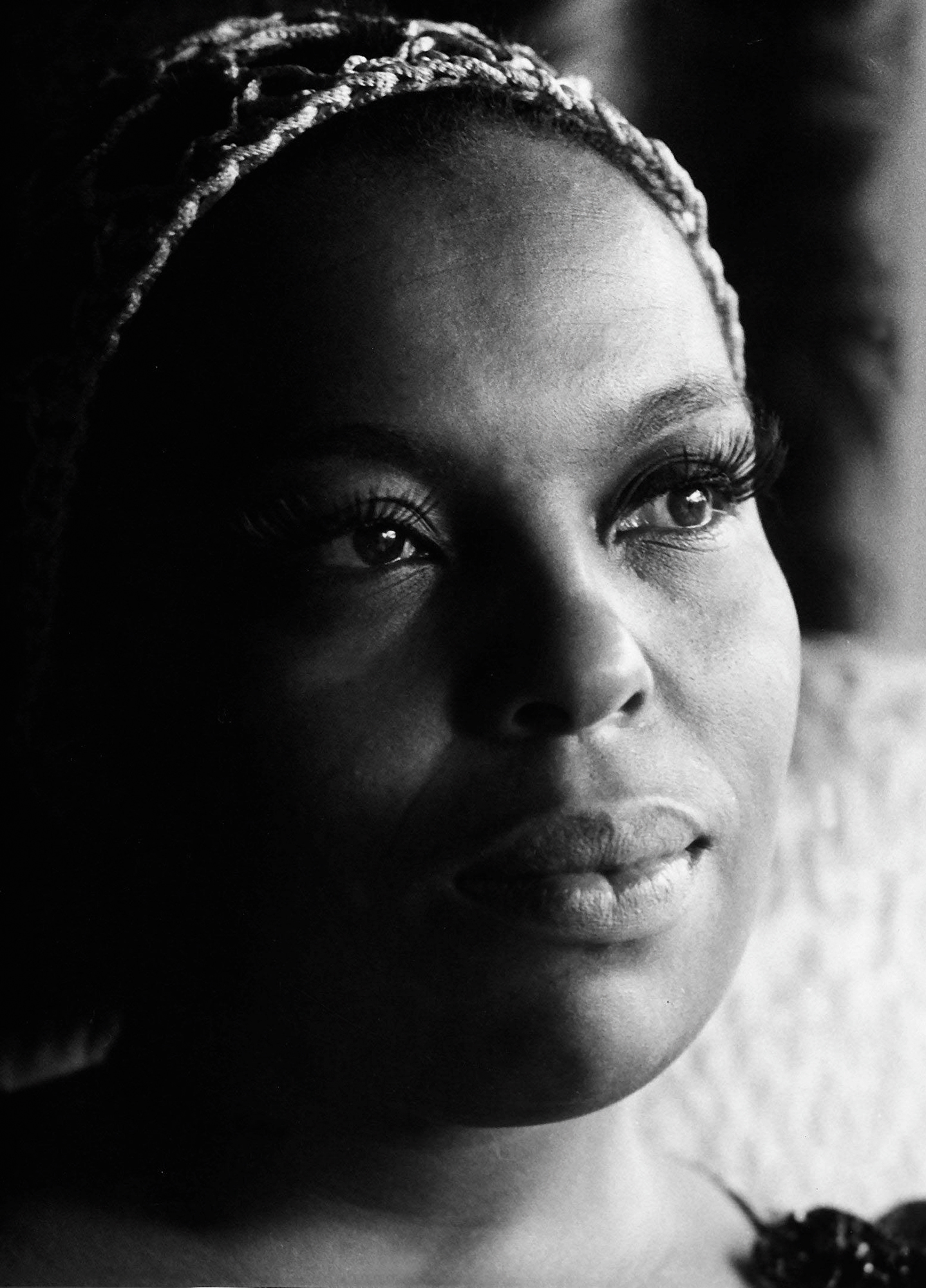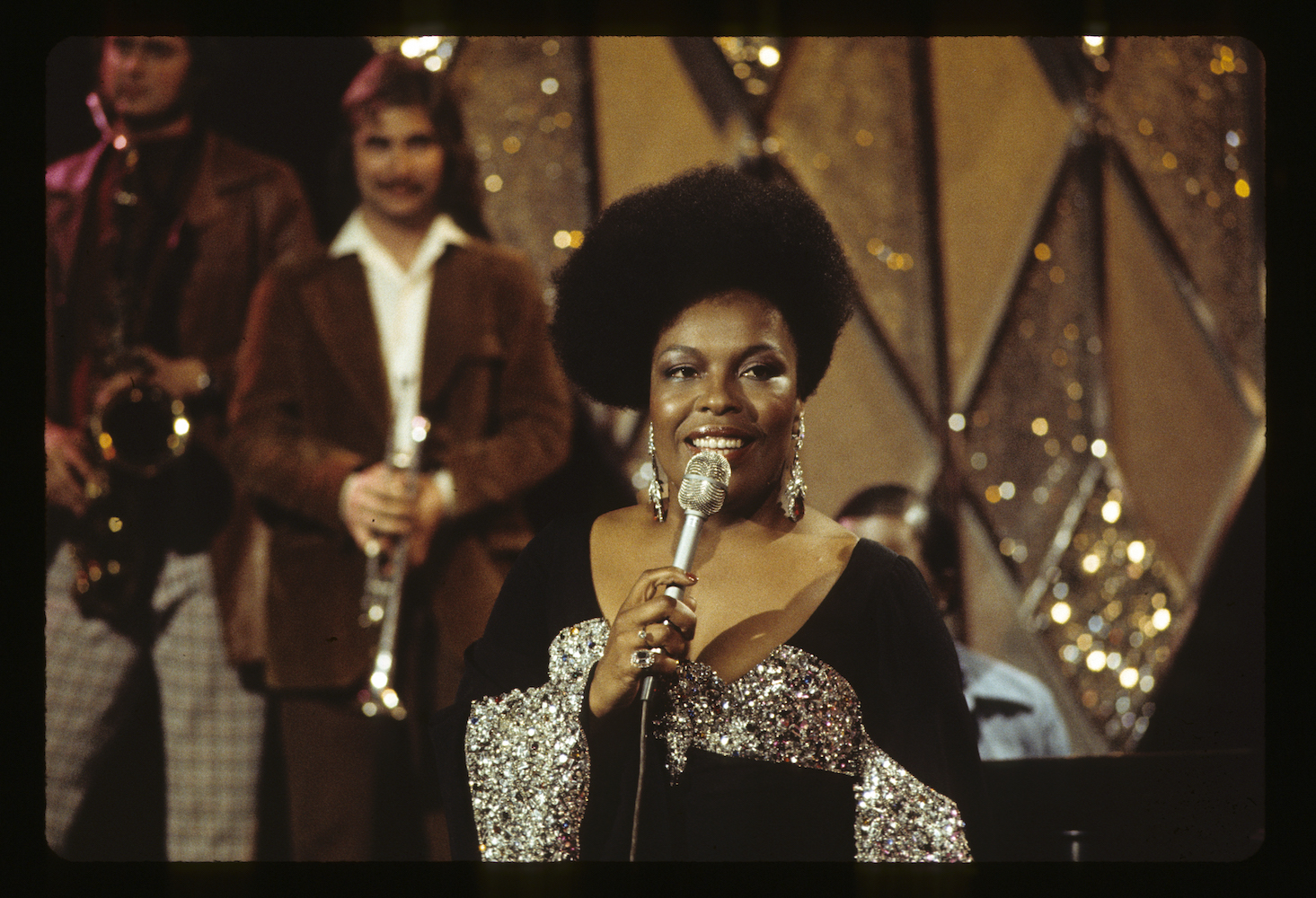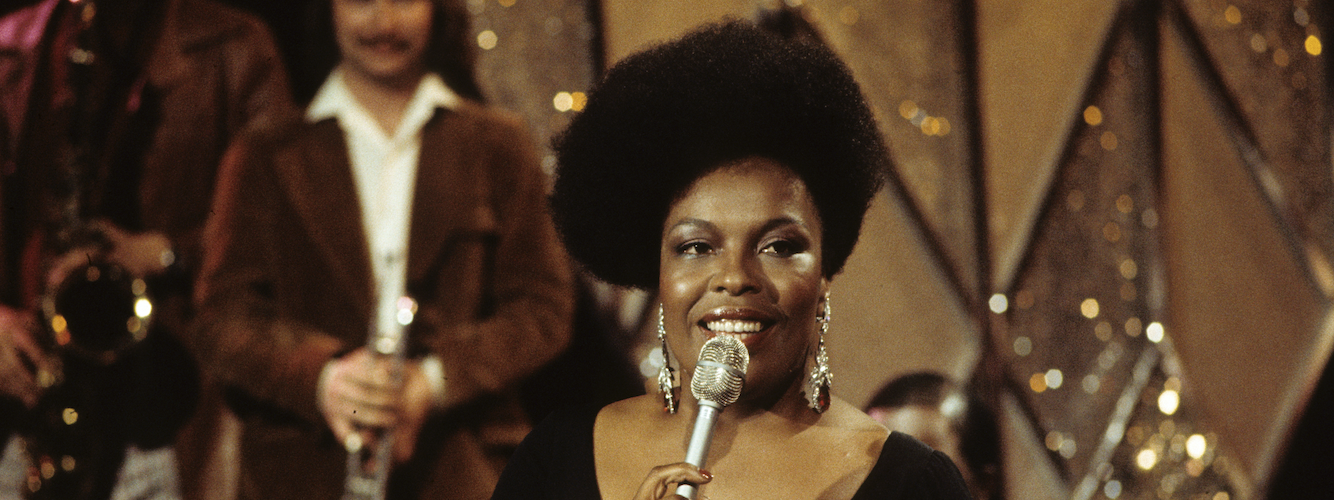The first time Roberta Flack put out a recording, it was an unexpected success. No one had expected a music teacher who occasionally performed at nightclubs to produce such a rich breadth of work. “The First Time Ever I Saw Your Face,” from 1972, became a major international hit, taking the number one spot on Billboard’s Hot 100 and winning Flack a Grammy Award. Since then, in an extraordinary career spanning more than 85 years, Flack has released dozens of songs, producing a body of work that has not only stood the test of time, but cemented itself in the musical canon for all to love and cherish.
Ever since she was a young girl, it was clear that Flack had a gift. She first sidled up to a piano at age nine, and within a few years of studying, when she was only 15, she was awarded a full music scholarship to Howard University. After the success of her debut album, First Take, Flack went on to record her now infamous track, “Killing Me Softly with His Song,” which won her another Grammy Award–creating history and making Flack the first solo artist to win the Award for Record of the Year in two consecutive years.

“Roberta brought a kind of reflectiveness, a space to actually think and imagine,” says the renowned civil rights activist Angela Davis, who was also a close friend of Flack and shared in a recent interview. “Art and music can bring about a transformation on the emotional level regarding that which we don’t know how to say.”
Flack created a musical language that, as Davis so eloquently illustrates, makes the inexpressible palpable. This language is descriptive, but not narrowly so. Flack and her legacy are forever immortalized in the upcoming film, American Masters: Roberta Flack. Here, she comes to us from the place it all began–Mr. Henry’s in Capitol Hill, serenading us with her renditions of folk ballads and Motown hits. Directed by Antonino D’Ambrosio, who is no stranger to documentaries on musicians, the film places “Roberta front and center” and shares her monumental influence on music and pop culture.
“What makes her truly a legendary visionary was that she was a resolute badass from start to finish,” shares D’Ambrosio with V. “She was unfettered and undaunted. Toward the end of the film, you see her receive the Grammy Award for Lifetime Achievement, and it was a surreal moment because every single musician there stood on her shoulders. She was surrounded by John Legend, Ariana Grande, Lizzo–you name it, and all of them wanted to connect with Roberta.”

Flack not only used her voice for her songs but also when championing civil rights. Flack used her powerful platform to sing about the Black experience in America and created space for Black women to produce their own music–Maxi Priest, Lauryn Hill, and Alicia Keys are a few musicians who have cited Flack as a musical influence and inspiration. “It’s not like I’m trying to sound like somebody else or be somebody else,” Roberta shares in the film. “I’m happy to be Roberta Flack. I’m happy to sound like I do.” And we are, too, as music as we know it would not be the same without the ineffable Roberta Flack.
American Masters: Roberta Flack is available to stream now.
Discover More
